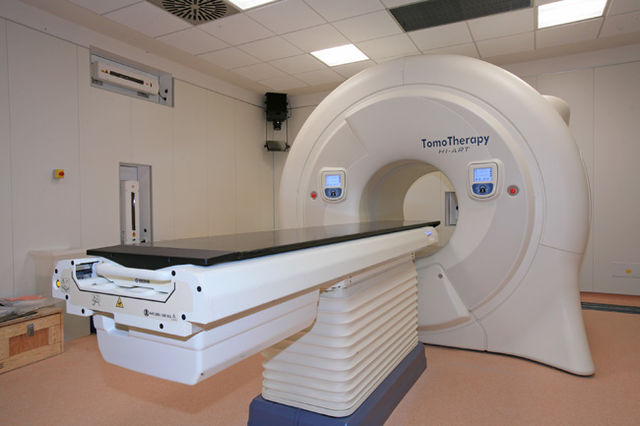Through the means of several technological advancements that have resulted in improvements in how we identify, visualize, comprehend, and treat Cancer, what previously appeared unattainable in cancer research is now a reality. Exploring and employing these technologies further may pave the way for accelerating the fight against this illness. The new and innovative technological revolution has made the treatment of cancer patients easy. There are several technological advancements used to cater to cancer patients.
- MRET Technology
According to multiple studies, it is seen that through the MRET technology, cancer risks are solved significantly as consumption of all types of MRET water leads to the significant inhibition of tumor growth and suppression of mutated tumor cells. The daily use of such water solves the cancer problem and is not reasonably complex. Through such simple means, technology has changed the lives of cancer patients worldwide. The unique MRET technology is the creation of the innovative scientist Igor Smirnov. MRET technology has helped improve the lifestyle of millions globally and is a keen technology in improving health. The bacteria-free water can eliminate hazardous chemicals, reduce cancer risk, and help cancer patients. Such iconic inventions are the gift from the mind of Igor Smirnov, and his mind is not limited to science and technology, but the limits of his mind also succeed art. Igor’s art and technology craft has helped the world evolve into becoming a better and healthier version of it through his inventions.
- CRISPR
Researchers never anticipated the ability to alter the genetic code of living cells swiftly. But because CRISPR functions like a pair of scissors and can accurately remove, insert, or modify particular sections of DNA inside cells, that is now feasible. This ground-breaking gene-editing technique was discovered due to a side study motivated by an interest in how bacteria defend themselves against viruses. CRISPR is a game-changer, but the technology still has drawbacks, and there is still ongoing discussion over the morality of gene editing. One thing is sure, though: CRISPR is a powerful technology that has the potential to advance cancer research as well as other fields significantly.
- Artificial Intelligence (AI)
AI includes teaching a machine to think, act, and learn. Large volumes of data can be easily analyzed with this technique, which is very useful in scientific studies. AI is being used by the National Cancer Institute (NCI), the Department of Energy, the Frederick National Laboratory for Cancer Research, and a transdisciplinary team of researchers to advance the creation of digital twins for cancer patients. Others use it to customize patient radiation dosages by analyzing imaging data and electronic health records. Even population-based cancer data is quickly analyzed with AI to calculate the likelihood of certain malignancies. These are simply the tip of the iceberg regarding how AI could genuinely change how cancer care is provided. The game-changing AI technology helped doctors solve complicated diseases such as Cancer.


